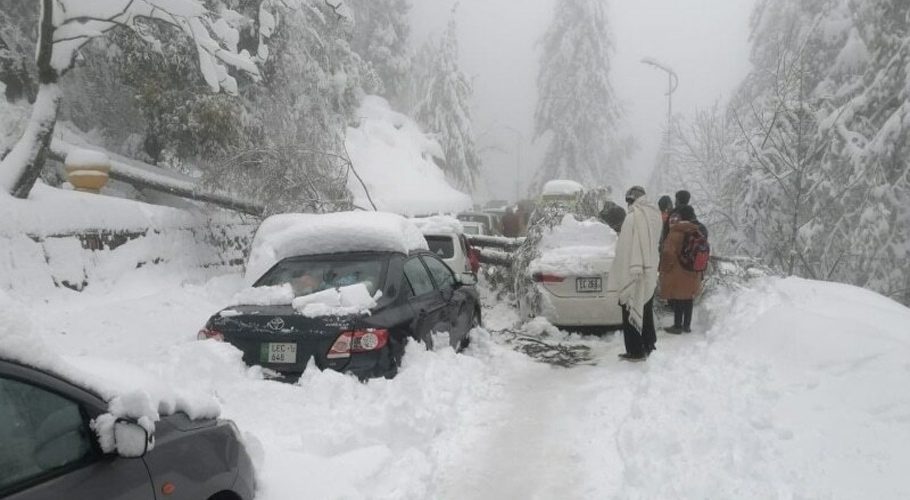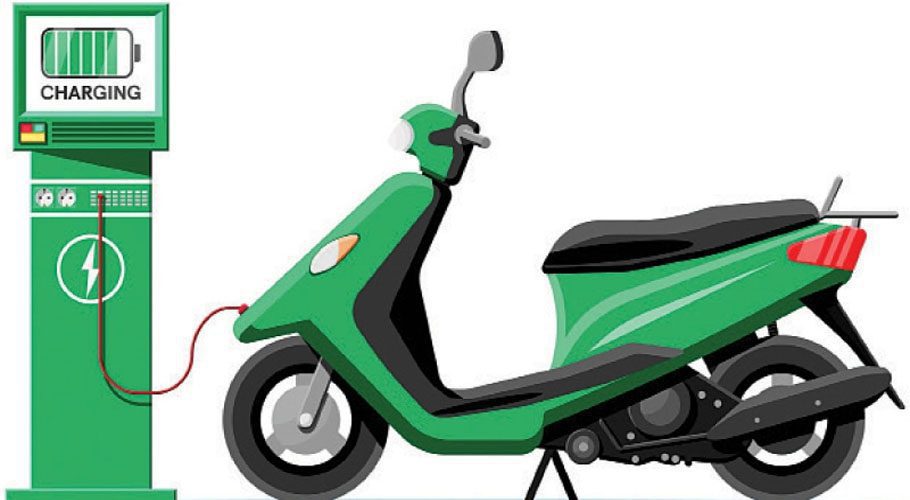![]() Follow Us on Google News
Follow Us on Google News
In recent times, Pakistan has been confronted with a critical problem that poses a threat to public safety. The occurrence of LPG cylinder explosions has seen a significant increase, both during transportation and usage, resulting in tragic loss of life.
The core of this issue lies in the proliferation of substandard manufacturing practices and the use of inappropriate materials in the production of LPG cylinders. Unlicensed manufacturers, motivated by profit and disregarding safety standards, flood the market with inferior cylinders, putting consumers’ lives at risk.
Despite the efforts made by regulatory authorities like Ogra to oversee the industry, gaps in enforcement allow unauthorized manufacturers to operate without consequences. To address this urgent concern, Pakistan must prioritize regulatory reforms that aim to strengthen quality control measures and crack down on illegal manufacturing operations. This entails enhancing monitoring and enforcement capabilities and imposing strict penalties for non-compliance.
Additionally, the adoption of advanced technologies, such as track and trace systems, presents a promising solution to improve traceability and accountability in the LPG supply chain. By utilizing such systems, stakeholders can track the origin, testing, and ownership of LPG cylinders, enabling more effective monitoring and control of cylinder distribution. Alongside regulatory measures, partnerships between regulatory authorities and testing institutes can facilitate the implementation of standardized testing and certification protocols for LPG cylinders, thereby enhancing safety standards and consumer protection.
Addressing the issue of LPG cylinder safety necessitates a coordinated approach from all relevant stakeholders. By addressing the root causes of cylinder explosions and implementing proactive measures to enhance safety standards, authorities can mitigate the risks associated with LPG cylinder usage and ensure the well-being of the country’s citizens.

















